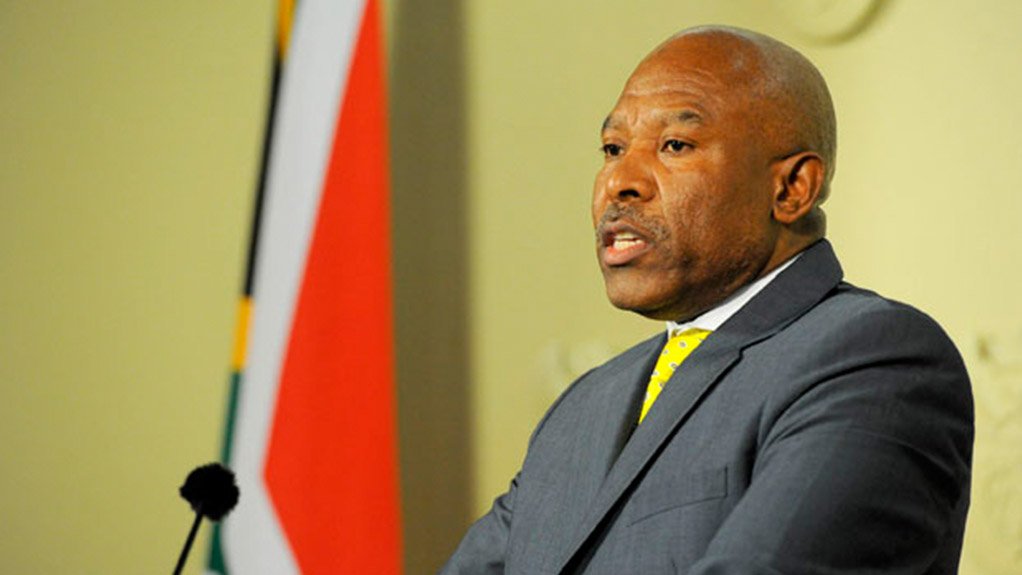Parliament's Standing Committee on Finance on Friday congratulated South African Reserve Bank (Sarb) governor Lesetja Kganyago on his appointment as the new chairman of the International Monetary and Financial Committee (IMFC).
Chairperson of the committee Yunus Carrim said the appointment brought enormous credit to the country. “We do not doubt that he will focus on the challenges of the developing countries.”
Kganyago's appointment was announced on Thursday and is effective for a period of three years, with effect from January 18.
The IMF is an organisation of 189 countries, working to foster global monetary cooperation, secure financial stability, facilitate international trade, promote high employment and sustainable economic growth, and reduce poverty around the world.
South African president Jacob Zuma also congratulated Kganyago, saying that “the appointment of Kganyago is a milestone in our call for the inclusion of representation of expertise and leadership from emerging and developing economies in the global economic arena”.
“We wish Governor Kganyago success in his new role and we are confident that he will represent us well. He is equal to the task.”
According to the Ministry of Finance, Kganyago will be the first IMFC chair from the sub-Saharan African region and his appointment will strengthen South Africa’s ongoing attempts to enhance the representation of the region in the decision-making structures of the IMF.
He will be replacing Agustín Carstens, the governor of the Central Bank of Mexico, who is taking up a position as General Manager at the Bank for International Settlements (BIS).
Finance Minister Malusi Gigaba has also wished Kganyago well in his new role.
“Kganyago will be an excellent IMFC chair, given his experience in international financial governance matters during his current role as the Governor of the Sarb since 2014, and his previous role as Director-General of the National Treasury.
"Kganyago currently chairs committees in the Southern African Development Community and the Financial Stability Board, and in 2007, led South Africa’s technical team during its presidency of the G20,” the ministry said.
The ministry said the 24-member IMFC is the primary advisory committee to the IMF Board of Governors and addresses issues such as the supervision and management of the international monetary and financial system, including responses to unfolding events that may disrupt the system.
"It also considers proposals by the Executive Board to amend the IMF’s Articles of Agreement and advises on other matters that the Board of Governors may refer to it.
"Although the IMFC, which consists mostly of Finance Ministers and Central Bank Governors, has no formal decision-making powers, it has become a key instrument for providing strategic direction to the work and policies of the IMF. Its structure mirrors that of the IMF’s Executive Board and its 24 constituencies," the ministry added.
EMAIL THIS ARTICLE SAVE THIS ARTICLE
To subscribe email subscriptions@creamermedia.co.za or click here
To advertise email advertising@creamermedia.co.za or click here











